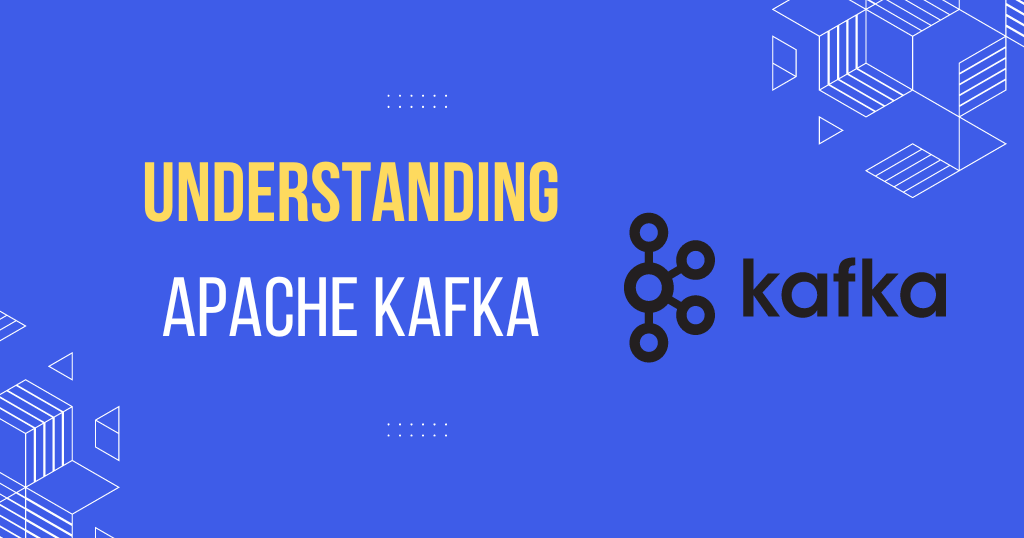Apache Kafka is an open-source circulated streaming framework utilized for stream handling. Apache Kafka is utilized principally to assemble ongoing information streaming pipelines. Apache Kafka is involved in a tremendous number of the world's driving relationships for first-class execution data pipelines, streaming examination, information joining, and so on.

Image Source
Apache Kafka History
Kafka was made at LinkedIn to support inner stream handling prerequisites that couldn't be met with traditional message queueing systems. Its most memorable adaptation was delivered in January 2011. Kafka immediately acquired prevalence and, from that point forward, became one of the most famous activities of the Apache Foundation.
Data Integration Challenges
In order to get a unified view of their business, engineers must develop bespoke integrations between these different applications.
These direct integrations can result in a complicated solution, as shown below.

Image Source
Each integration comes with difficulties around.
- Protocol – how the data packets are transferred (TCP, REST, FTP, HTTP …)
- Data format- The method used to parse the data (Avro, Binary, CSV, JSON...)
- Evolution of the data's schema and how it is shaped.
Kafka as a Solution
Decoupling Different Data Systems. Apache Kafka allows us to decouple data streams and systems.

Image Source
Apache Kafka vs. RabbitMQ

Benefits of Apache Kafka
- Kafka is highly scalable. Kafka is a distributed system that can be readily scaled without experiencing any downtime.
- Kafka is highly durable. Kafka offers intra-cluster replication by preserving the messages on the discs.
- Kafka is Highly Reliable. Kafka supports many subscribers and duplicates data. In case of failure, it also automatically balances consumers. This indicates that it is more dependable than competing texting services.
Some Use Cases of Apache Kafka
- Messaging: We can likewise involve Kafka as a messaging intermediary among services.
- Log Aggregation: We can likewise use Kafka to gather logs from unmistakable frameworks and store them in a brought-together framework for additional handling.
- ETL: Kafka offers a feature of almost real-time streaming; hence, we can develop an ETL based on the requirement.
- Database: In light of things we have referenced before, we can say that Kafka likewise goes about as a data set.
Concept of Apache Kafka

- Topics: Each message fed into the framework should be necessary for some subject. The subject is a flood of records. The messages are stored in the configuration of key-value matches. Each message is doled out a succession, known as Offset. The aftereffect of one message could be a contribution of the other for additional handling.
- Producers: Producers are the applications responsible for publishing the data into the Kafka system. They distribute their preferred information on the subject.
- Consumer: There are Consumer applications that utilize the messages published into topics. A customer gets a membership of the topic of their inclination and consumes the information.
- Broker: A broker is an instance of Kafka responsible for message exchange. We can use Kafka as a part of a cluster or a stand-alone machine.



